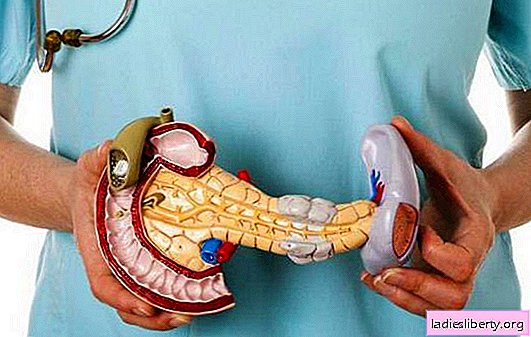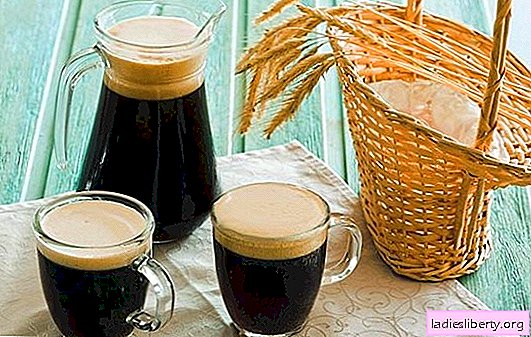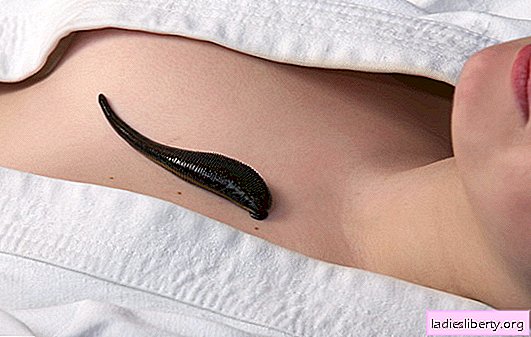
The pancreas is an important organ not only for the digestive system, but also for the whole organism. Pancreatic inflammation (pancreatitis) is a serious pathology, it is fraught with serious consequences and life-threatening complications. Each person needs to understand the mechanism of occurrence, causes and prospects of this serious pathology, because recently an increasing number of people have become ill with pancreatitis, the disease leads to complex systemic disorders and often even to the death of the patient.
Pancreas: its role and functions in the body
Pancreatitis is an inflammatory and degenerative disease of the pancreas. To understand what the manifestations of pancreatitis are, what the symptoms depend on and how to behave in order to avoid the disease, you need to know what the pancreas itself is.
The pancreas has the functions of mixed secretion - external and internal.
1. Endocrine hormonesthat are responsible for blood sugar and fat levels:
- insulin;
- glucagon;
- lipocaine.
Insulin - reduces glucose in the blood by increasing its consumption by body cells.
Glucagon is an insulin antagonist in its functions: it increases blood sugar, preventing its breakdown by cells.
Lipocaine - responsible for the normal level of fat in the body, preventing hyperlipidemia.
2. External pancreatic secretion consists in the production of pancreatic juice, which is secreted into the duodenum, and, in addition to water, consists of digestive enzymes involved in the breakdown:
- proteins (trypsin),
- fats (lipase),
- carbohydrates (amylase)
- lactose contained in milk (lactase).
From 1 to 1.5 liters of pancreatic juice is produced per day, which, in addition to water, consists of trace elements and enzymes.
Topography and physiology
The pancreas is located retroperitoneally, behind the stomach, part of it is located in the left hypochondrium. This explains the pain in the epigastrium, nausea and vomiting that occur during its inflammation. The back surface is adjacent to the posterior abdominal wall, so pain during inflammation is often girdle, radiating to the back. The pancreatic duct, the Wingsungs, flows into the common bile duct, which opens into the duodenum. This is important for understanding the relationship between a person’s cholelithiasis and, as a consequence, the possible development of pancreatitis.
Pancreatic Inflammation - Causes
Inflammation of the pancreas, the causes of which can be varied, is conditionally divided into:
- primary pancreatitis;
- secondary pancreatitis.
The clinical picture and conditional classification for primary and secondary pancreatitis depends on the causes that led to inflammation.
Primary pancreatitis begins directly with inflammation of the pancreas. The reasons:
- long-term use of alcohol;
- smoking;
- stress;
- toxic effects of drugs (furosemide, glucocorticosteroids, non-steroidal anti-inflammatory drugs, etc.).
Inflammation of the pancreas, the causes of which are associated with diseases of nearby organs - is secondary pancreatitis. Its reasons are as follows:
- gallstone disease and other diseases of the gallbladder, including the presence of helminths in the gallbladder;
- liver disease;
- diseases of the parathyroid gland with its increased function - hyperparathyroidism;
- allergies;
- hereditary diseases (cystic fibrosis);
- Crohn's disease.
Since the causes of pancreatic inflammation are the most diverse, but one of the most frequent is alcohol consumption, one needs to imagine the mechanism for the development of pancreatitis in such cases.
1. Under the influence of alcohol, the production of digestive enzymes of the pancreas increases, and their exit to the wirsung duct is difficult. Their effect on the tissue of the gland itself leads to necrosis, and later to fibrosis (replacing dead cells with connective tissue) and the formation of calcifications (the so-called "stones" consisting of calcium and connective tissue).
2. If an allergy has become the cause of pancreatitis, antibodies against the tissues of the pancreas itself are produced in the body under the influence of an allergen. Chronic inflammation occurs, later on - fibrosis: the replacement of normally functioning pancreatic cells with connective tissue.
3. In case of widespread cholelithiasis, a blockage of the common duct occurs with a stone, as a result, the enzymes produced by the pancreas “digest” the tissue of the gland itself, leading to a severe inflammatory process and fibrosis. A similar mechanism for the development of pancreatitis is in the presence of helminths in the gallbladder.
Pancreatic Inflammation - Symptoms
With developed inflammation of the pancreas, the symptoms of the disease are few, but very severe:
- pain;
- dyspepsia;
- weight loss (in severe protracted cases);
- asthenia.
1. Pain is the main symptom. Localization: can occur in the epigastrium, are often girdle-like, can be given to the left hand. Intensive, occur after drinking alcohol and spicy, greasy, fried foods, sweets. Duration: from several hours to several days, it is difficult to stop with drugs. Attacks can be repeated several times a day.
2. Weight loss is associated with developing malabsorption syndrome. This is a low absorption of proteins, fats, carbohydrates in the small intestine. Pancreatic enzymes, which are directly involved in the absorption process, practically do not enter the intestine. Therefore, the body begins to use its own proteins, fats, trace elements, which leads to a sharp loss of muscle mass and fat reserve, to hypovitaminosis, and clinically - to severe weakness, sleep disturbances, and adynamia.
3. Dyspepsia:
- nausea;
- vomiting that does not bring relief;
- polyfecaly - the release of a large amount of liquid or gruel-like feces with the remains of undigested food;
- belching air;
- reduced appetite;
- flatulence - bloating;
- decreased appetite.
4. If the disease becomes chronic, then a few years later endocrine syndrome develops: insulin production decreases, which ends in the further development of diabetes mellitus.
5. In the process of the disease, food allergies, allergies to drugs appear.
The severity of the disease depends on the extent of irreversible changes in the pancreas: on the size of the fibrosis zones. The more such zones, the harder the disease. The aggravating factors also include the presence of diabetes mellitus, which significantly complicates the course of pancreatitis.
Pancreatic Inflammation - Treatment
With inflammation of the pancreas, treatment is carried out in a specialized gastroenterological department and includes:
1. Exclusion of the causes of the disease.
2. Bed rest.
3. The first two days - complete starvation, then - strict adherence to diet, fractional nutrition.
4. Drug treatment:
- painkillers (with severe pain - even narcotic) and antispasmodics;
- drugs that inhibit the formation of pancreatic juice and hydrochloric acid (Sandostatin, Octreotide - reduce exogenous secretion, proton pump inhibitors, antacids);
- substitution enzyme therapy (Creon, Mezim - forte, Festal, Pancreatin, etc.);
- antibiotic therapy, because pancreatitis can be accompanied by an infection;
- antioxidants (vitamins C, A, E, group B);
- detoxification therapy;
- surgical methods of treatment in the presence of stones, stenosis or tumors.
Any recommendations for treatment are for informational purposes only, treatment in each case is prescribed by a doctor.
Pancreatic Inflammation - Prevention
Measures to prevent pancreatic inflammation are aimed at maintaining a healthy lifestyle: eliminating the causes that cause pancreatitis (giving up alcohol, smoking, following a diet with existing risk factors), visiting a gastroenterologist if necessary and constantly correcting treatment, reducing physical activity, and avoiding visiting a bath and saunas. Adhering to these rules, you can avoid the development and severe complications of pancreatitis.











